
Transcription
The Destructiveness of Debts In Prison
Vulnerabilities can be costly in prison. Many hardened criminals prey on their softer counterparts. No one wants to leave themselves open to attack behind these walls. Yet, a lot of guys make a huge mistake; they put themselves in a position to owe others. Smart prisoners learn that being in debt makes them weak. Borrowing needs to be avoided. Strength comes from managing one's resources wisely. Debt hurts an inmate by making them answer to the whims, manipulation, and control of others.
One way debt hurts an inmate is by making them answer to the whims of others. Many inmates find themselves taking care of their richer neighbors. A subservient relationship is formed that becomes unhealthy as they fall further in debt to their benefactors. The indentured servants cook, clean, fetch, and coddle their "boss." The Bible warns that: "The rich ruleth over the poor, and the borrower is servant to the leader." (Proverbs 22:7 KJV) The truth of the statement is visible in prison. One can understand the wisdom in it even as an unbeliever. Still, borrowing can have even worse ramifications in prison.
Another way debt hurts an inmate is by making them answer to the manipulation of others. Many crooks specialize in applying subtle control over those around them. When the unsuspecting borrows from them, a lien is placed on their life. The loan is used to pressure them into being a follower. Guys often find themselves taking part in risky behaviors to appease the loaners; it usually involves being pushed past limitations they have on immoral behaviors. Breaking more rules than one wants is often the result. A hidden cost is the pressure to come into agreement with the deceptive actions and outright lies of the person who gave the loan. Furthermore, borrowing leads progressively to even more trouble for an inmate.
The final way debt hurts an inmate is by making them answer to the control of others. The man in debt must do what they are told at this point. The body and soul are owned by the loaner. The stooge must take their place in the order of the group in which they are involved. Safety depends on making oneself useful. The prisoner is then locked in a lifestyle of cheating, smuggling, intimidating, and all other forms of perpetuating destructive actions in prison. The debt must be paid with interest, one way or another. The only alternative is to get "rolled up." That means they find a way to be moved to another prison yard. The inmates that take this step usually have trouble follow them wherever they land. Fear becomes their constant companion and they live out a repetitive cycle.
In conclusion, debts are a hazard for an inmate. A prisoner becomes open to a variety of risky and destructive behaviors when they take on a loan; they become susceptible to the whims, manipulation, and control of others. The strong inmate manages their resources in a way to avoid seeking financial help from their peers because the assistance often leads to harmful compromises. Incarceration teaches the smart man that it is weak to incur debt. One wonders if the same principle applies in society.
By: Patrick Rathsack T-45624
CIM A3-SH-106up
PO Box 368
China, CA 91708-0368
Other posts by this author
|
2018 oct 18
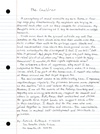
|
2018 jul 13
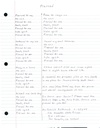
|
2018 jun 18
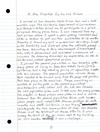
|
2018 may 22
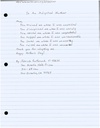
|
2017 dec 7
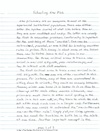
|
2017 jul 15
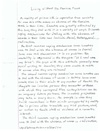
|
More... |
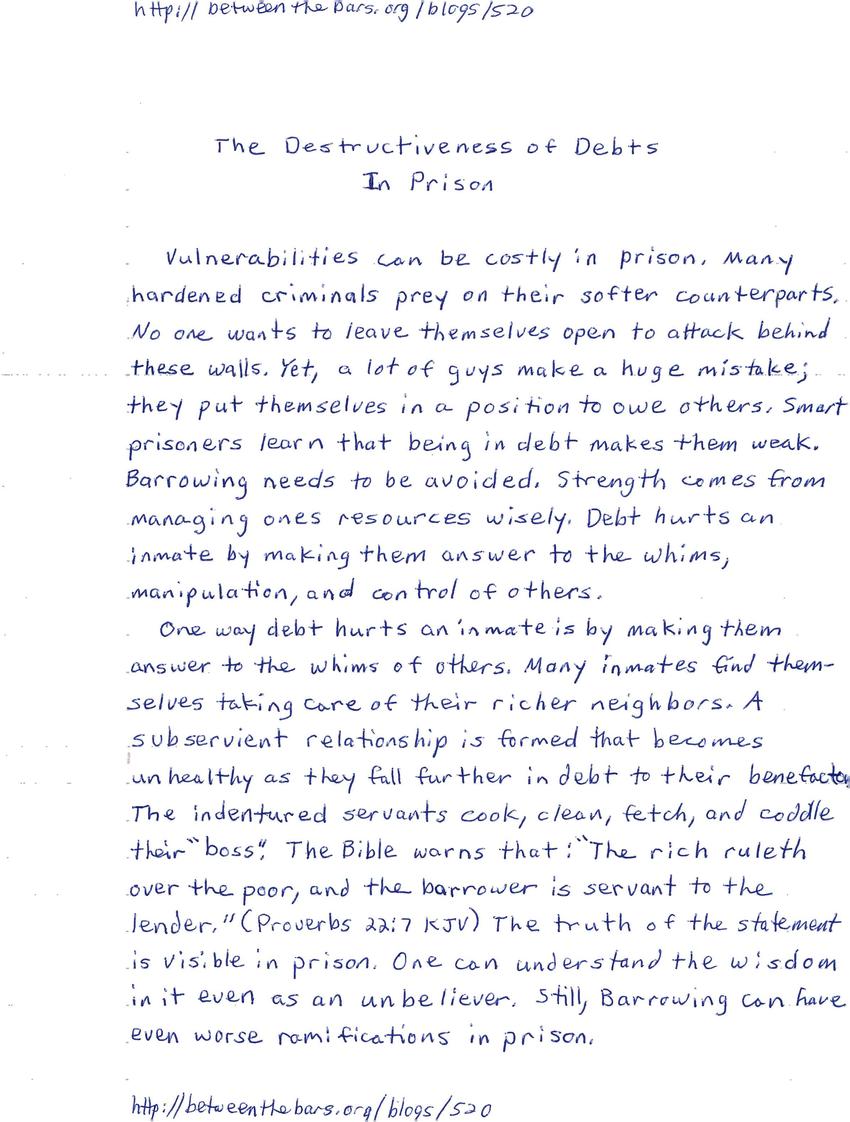
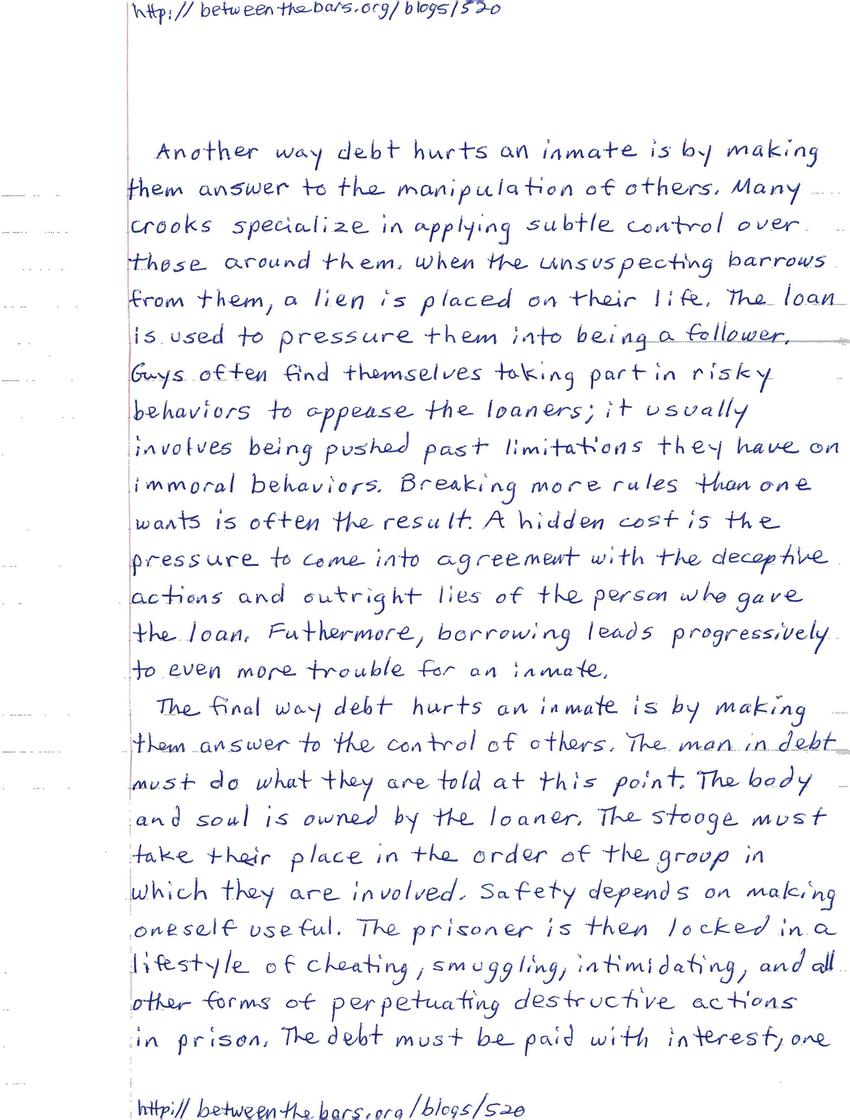
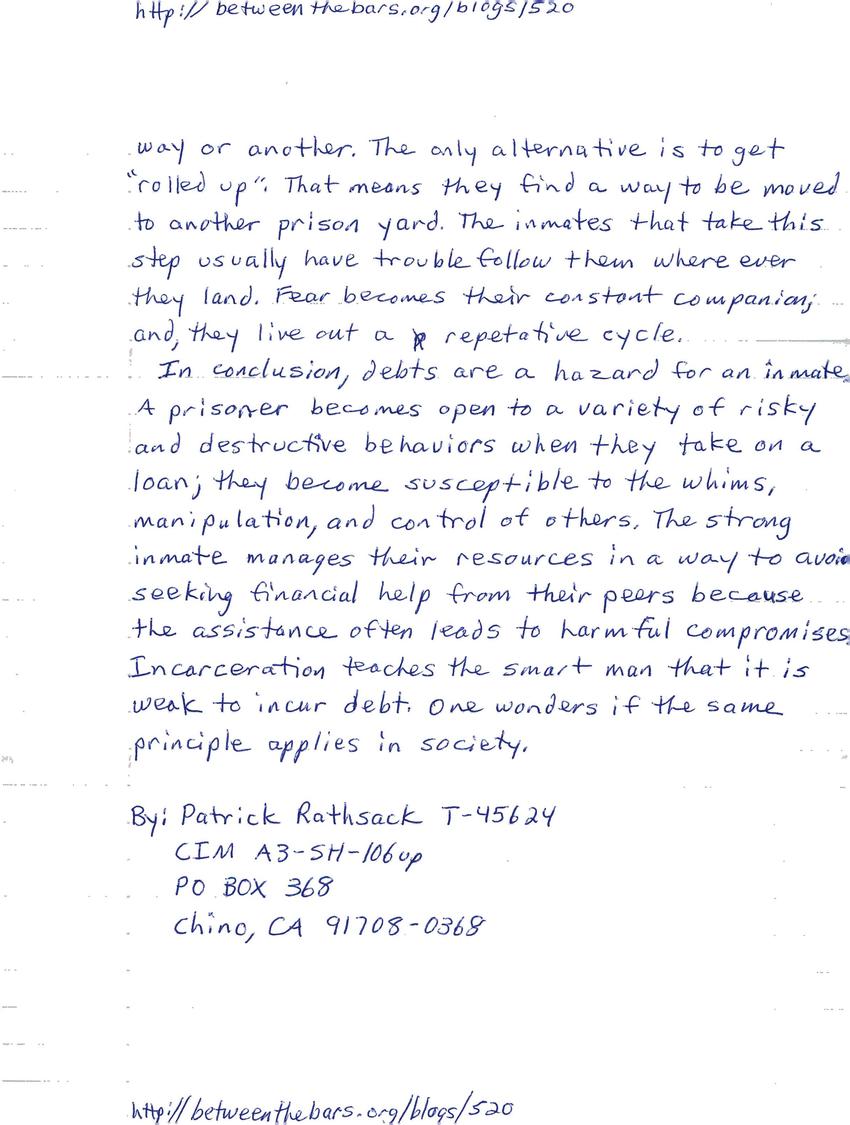

Replies